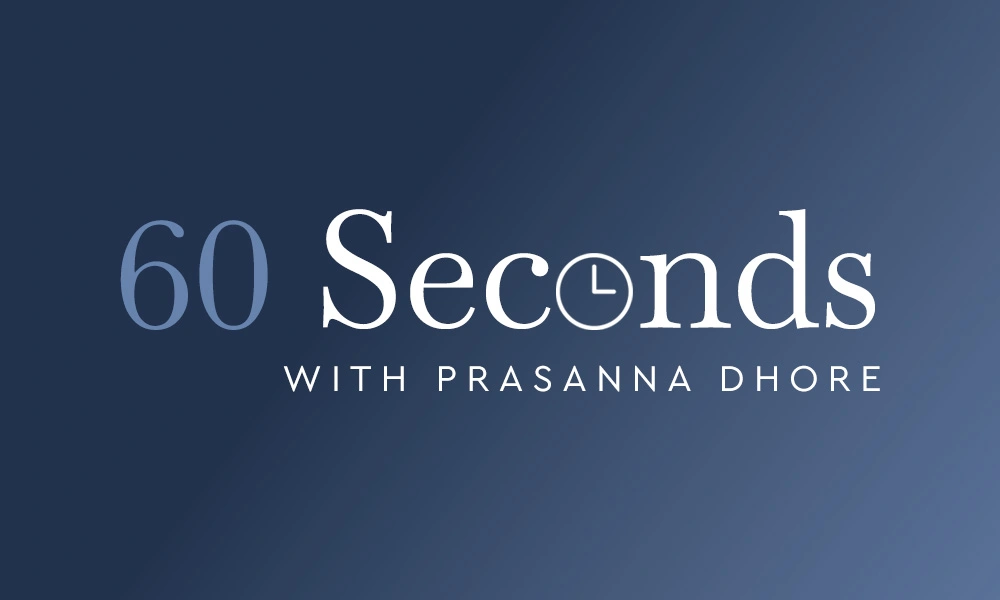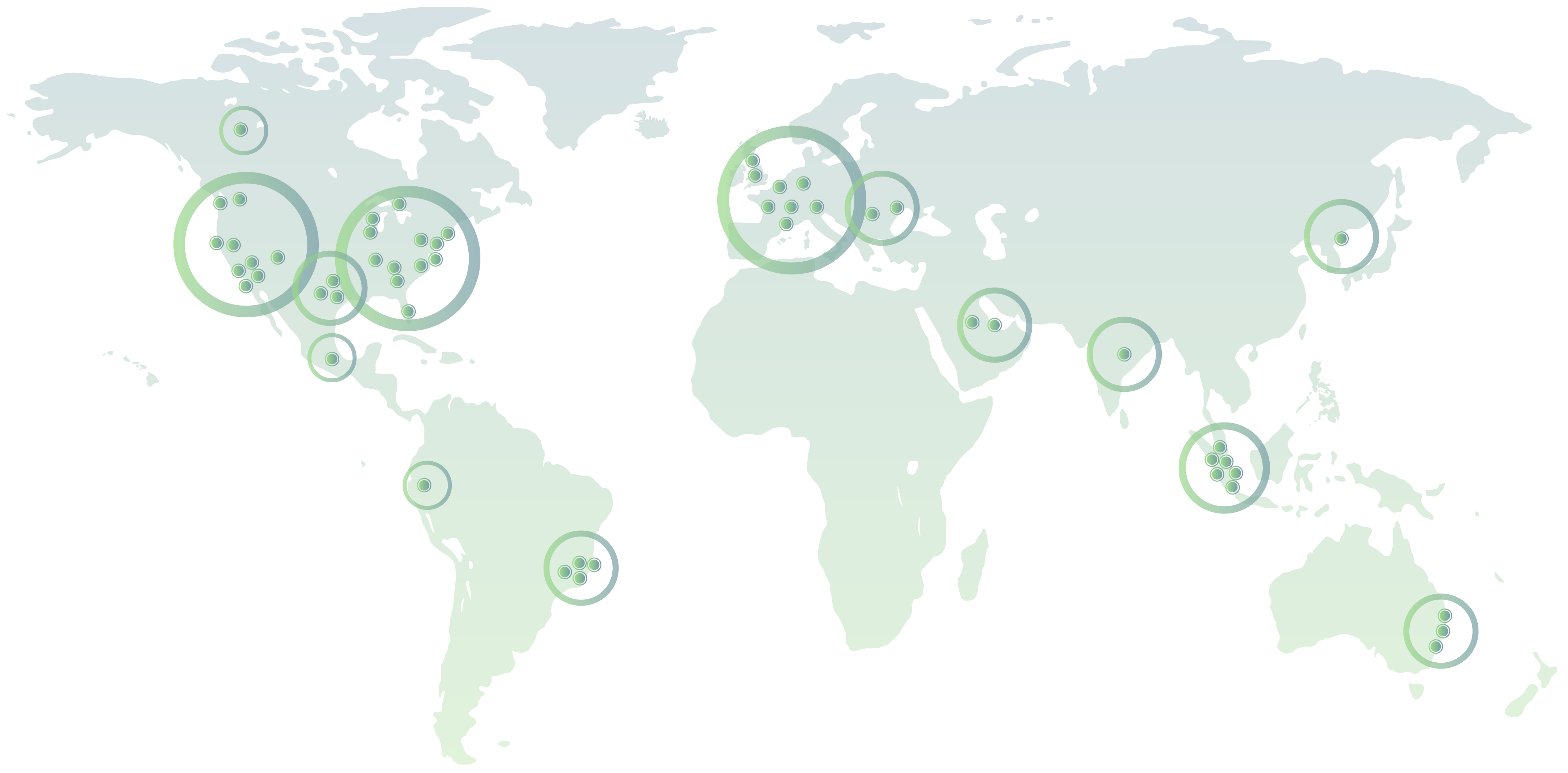
Prasanna Dhore

Download a PDF of this article
What was your first car?
My first car was a Pontiac Phoenix. I bought that in 1986 and I paid $600 for it. It had 60k miles and it died exactly one year from the day I bought the car - on a trip to Pittsburgh on the PA turnpike.
What originally drew you to the data and analytics field?
By training, I am a mechanical engineer. My graduate work was in Operations Research and Statistics. My interest has always been in Information Asymmetry. What do I mean by that? In simple terms, Information Asymmetry is the information gap of what we know, and what we need to know to make the right decision. Minimizing this information gap is so critical in selection arkets — like credit and insurance. I love analyzing selection markets. Who was the best mentor you ever had? I started my career at Time Inc. Magazine. I was hired by Jeff Getis. He was the leader of Database Marketing group. I worked for him for almost six years (1989-1995). I would say it was the best of times. It is here where I immersed myself in applying various statistical techniques to solve business problems.
I attribute a lot of my success to him, and we are still in contact to this day. He retired recently from AIG, where he was CMO. He was my mentor — and my first manager.
What is the biggest risk you see in the next 12 months?
As you know, we are going through some tumultuous times — bank failures, inflation, loss of trust in institutions, tightening credit, etc. Call me biased, but many of these issues can be reduced or eliminated by minimizing Information Asymmetry. For the past decade or so, you have heard people say that Data is the new oil. For me, it is more than oil. It is the DNA. It is the genome. With relevant information — real time and granular — we can convert many of these uncertainties into risk — which will make it easier for us to manage. One of my passions is helping financial institutions bring products to the underbanked and credit invisible. I was a credit invisible for a long time. It took me more than five years to get a credit card — because the banks did not have enough information on me to offer me a credit card. Given the amount of data exhaust that we generate, “not having enough information” should not be a reason anymore. Another area of concern I see is with the digitization of financial services, our relationship with banks has become very transactional. This has led to banks/financial institutions losing touch with consumers — the ability to offer them the right product and services at the right time. Access to relevant data is key to understanding the needs of consumers and can ultimately replace transactional relationships with more personal, strategic relationships.
What field do you see as the most complementary to a career in Data & Analytics?
In today’s economy, Data is the primary product. Every product on the market will either be “smart” (i.e., datadriven) or obsolete. If we do not optimize how we leverage the data to enhance products, we will be on the wrong side of history. As I said, especially in selection markets, Data — relevant data — is the key!
What’s the most significant change you have seen in the industry over the course of your career?
Computing power and storage! I started my career in the Direct Mail business. It was in the late 1980’s. During that time, Direct Mail industry was exploring ways to increase ROI by reducing the enormous amount of waste that occurs in the direct mail business. Mailing millions of promotional materials with a paltry response rate of less than 1-2% is less than ideal. We started building mail response models to predict the likelihood of who would buy our magazines — this help reduced the number of direct mail pieces and the cost. These models used to take days to run. I remember going to the data center and literally mounting tapes to access different mail files. The data was not organized to do simple analysis. Look where we are now…unlimited computing power and unlimited access to storage. We can mine data in seconds. Long tail analysis is a breeze. When I was in graduate school, Data dredging was a bad word, not anymore. We have access to the whole universe of data.
Meet the Author




